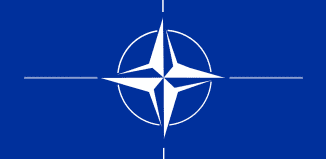New NATO Cyber Defence Agreement Signed with Czech Republic
This post is also available in:  עברית (Hebrew)
עברית (Hebrew)
In an effort to increase cooperation and shared cyber defence capabilities between allies, NATO Assistant Secretary General Ambassador Sorin Ducaru and Czech Director of National Security Dušan Navrátil signed a new Memorandum of Understanding last October.
The agreement is just one step following a series of moves that began in 2008. In January of that year, NATO approved its first cyber defence policy, after communication systems were attacked in Estonia. This forced the alliance to acknowledge the growing threat in cyber attacks, the increasing sophistication of attacks and their frequency.
Seven years on and the threat has become gargantuan. Cyber attacks from China, Iran, Russia, and other state actors have since become a nearly constant state of affairs, and the advancement in criminals’ and terrorists’ capabilities put national interests in grave risk.
The new Memorandum “represents a second generation of the MoU template, which was approved by Allies in line with the 2014 Enhanced NATO Policy on Cyber Defence.”
The Czech Republic is the first of the Allies to sign the new Memorandum, which was endorsed by NATO Defence Ministers in June. Ambassador Ducaru, who is also Chairman of NATO Cyber Defence Management Board, praised the agreement, saying: “we are glad that the Czech Republic was quick to complete their MOU with NATO. Such an MOU represents an important tool for NATO and Allies to ensure better protection of our networks.”
Under NATO rules, Alliance members are responsible for cyber security in their own countries, protecting infrastructure and communication networks, and sharing information and intelligence with allies.






























